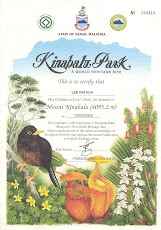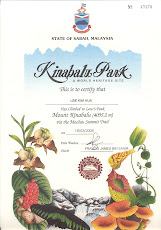
“Time is money, youth is capital”, says the proverb. This means that every moment well spent may put some money into our pockets. If our time is usefully employed, it will either turn out some useful and important piece of work which will fetch its price in the market, or it will add to our experience and increase our capacities so as to enable us to earn money when the proper opportunity comes. Let those who think nothing of wasting time remember this.
Our life is nothing more than our time. To kill time is therefore a form of suicide. We are shocked when we think of death and we spare no pains, no trouble, and no expense to preserve life. But we are too often indifferent to the loss of an hour or of a day, forgetting that our life is the sum total of the days and of the hours we live. A day or an hour wasted is therefore so much life forfeited. Our life is a brief span measuring some seventy or eighty years in all. But nearly one third of this has to be spent in sleep; some years have to be spent over our meals; some in making journeys on land and voyages by sea; some in merry making; some in watching over the sick-beds of our nearest and dearest relatives. Now if all these years were to be deducted from the term over which our life extends, we shall find about twenty or thirty years at our disposal for active work. Whoever remembers this can never willingly waste a single moment of his life.
All time is precious, but the time of our childhood and of our youth is more precious than any other portion of our existence. For those are the periods when alone we can acquire knowledge and develop our capacities. If we allow these morning hours of life to slip away, we shall never be able to recoup the loss. Just as money lain out at interest doubles and trebles itself in time, so the precious hours of childhood any youth, if properly used, will yield us incalculable advantage.
Our life is nothing more than our time. To kill time is therefore a form of suicide. We are shocked when we think of death and we spare no pains, no trouble, and no expense to preserve life. But we are too often indifferent to the loss of an hour or of a day, forgetting that our life is the sum total of the days and of the hours we live. A day or an hour wasted is therefore so much life forfeited. Our life is a brief span measuring some seventy or eighty years in all. But nearly one third of this has to be spent in sleep; some years have to be spent over our meals; some in making journeys on land and voyages by sea; some in merry making; some in watching over the sick-beds of our nearest and dearest relatives. Now if all these years were to be deducted from the term over which our life extends, we shall find about twenty or thirty years at our disposal for active work. Whoever remembers this can never willingly waste a single moment of his life.
All time is precious, but the time of our childhood and of our youth is more precious than any other portion of our existence. For those are the periods when alone we can acquire knowledge and develop our capacities. If we allow these morning hours of life to slip away, we shall never be able to recoup the loss. Just as money lain out at interest doubles and trebles itself in time, so the precious hours of childhood any youth, if properly used, will yield us incalculable advantage.







.jpg)
.jpg)


沒有留言:
張貼留言